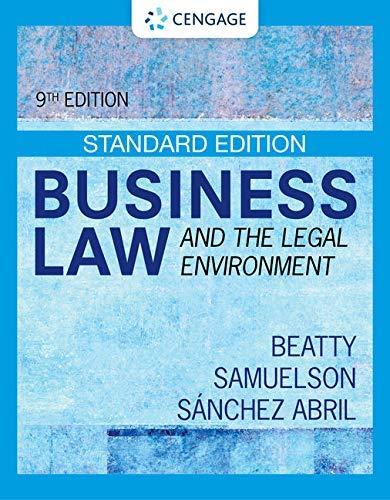Read the below passage and answer questions What Constitutional requirements in Article 4 are aimed at promoting interstate relations between the states?
This clause provides for the extradition of fugitives. Congress has made the governor of the Before 1900, only 13 interstate compacts had received congressional approval. Most involved state to which fugitives have fled responsible for boundary disputes. As society has become more returning hem complex, the number of compacts has increased preme Court has softened the meaning Today nearly 200 compacts are in force. (See chart, ing that a governor does p. 104.) return a fugitive to another state. States use compacts to deal with air and water in is routine in the vast major- pollution, pest control, toll bridges, and transport occasionally a governor will refuse tation. New Jersey and New York started this trend example, a Michigan governor once refused in 1921 when they created the Port of New York fugitive to Arkansas because, the gov- Authority to develop and manage harbor facilities said, prison conditions in more in Arkansas were in the area. Many compacts today deal with natu- ihumane. Arkansas officials could do nothing ral resources; others deal with how hazardous about the cover, e governor's decision. In recent years, waste should be transported and disposed of. Congress has s has acted to close the extradition loop Interstate compacts have become an important hole by making it a federal crime to flee from one way for the states to deal with regional problems. state to another in order to avoid prosecution for felony. Lawsuits Between States Sometimes states are unable to resolve their Interstate Compacts disputes using these or other methods. Since 1789 The Constitution requires the states to settle more than 220 disputes between states have ended their differences with one another peacefully. The in court. Suits among two or more states are heard principal way states settle disagreements is by in the U.S. Supreme Court-the only court where negotiating compacts. Interstate compacts are one state can sue another. written agreements between two or more states. States bring one another to court for a variety of The national government or foreign countries may reasons. Cases in the West often involve water also be part of an interstate compact. rights. Arizona, California, and Colorado have Congress must approve interstate compacts. gone to the Court in disputes over water from the This requirement prevents states from threatening Colorado River. Other cases have involved state the Union by making alliances among themselves. conflict over the sewage from one state polluting Once a compact has been signed and approved by the water of another. Still other cases are disputes Congress, it is binding; its terms are enforceable by over boundary lines. Arkansas and Tennessee had the Supreme Court. recently as 1970. Page 3 3 +







